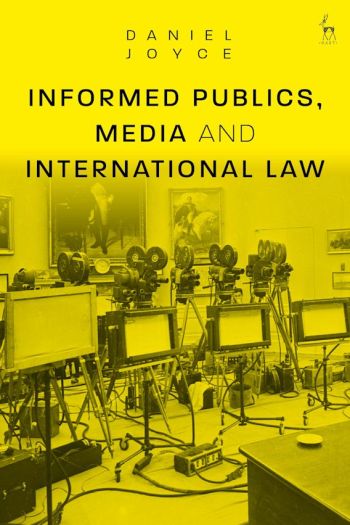
This book considers the significance of informed publics from the perspective of international law. It does so by analysing international media law frameworks and the 'mediatization' of international law in institutional settings. This approach exposes the complexity of the interrelationship between international law and the media, but also points to the dangers involved in international law's associated and increasing reliance upon the mediated techniques of communicative capitalism – such as publicity – premised upon an informed international public whose existence many now question.
The book explores the ways in which traditional regulatory and analytical categories are increasingly challenged - revealed as inadequate or bypassed - but also assesses their resilience and future utility in light of significant technological change and concerns about fake news, the rise of big data and algorithmic accountability. Furthermore, it contends that analysing the imbrication of media and international law in the current digital transition is necessary to understand the nature of the problems a system such as international law faces without sufficiently informed publics.
The book argues that international law depends on informed global publics to function and to address the complex global problems which we face. This draws into view the role media plays in relation to international law, but also the role of international law in regulating the media, and reveals the communicative character of international law.